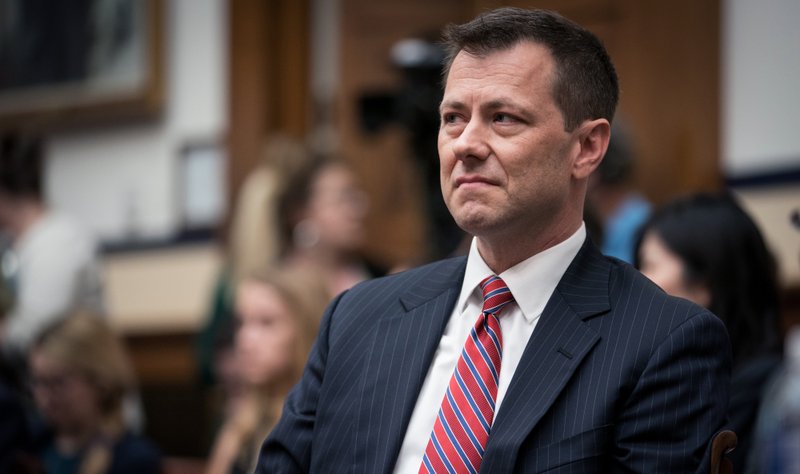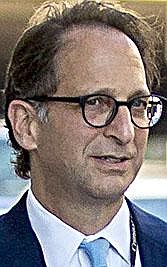WASHINGTON -- One of the most prominent prosecutors working for special counsel Robert Mueller is leaving the team soon, something some people see as an indication that Meuller's investigation is close to wrapping up.
Mueller spokesman Peter Carr said in a statement Thursday that Andrew Weissmann would be concluding his work with the special counsel's office "in the near future." He did not give a date, but the looming departure is not surprising given that the principal case Weissmann has worked on -- the prosecution of Donald Trump's former campaign chairman Paul Manafort -- came to a close Wednesday with a sentencing in federal court in Washington.
Several other prosecutors detailed to Mueller's team have also left in recent months, another indication that the investigation is winding down. In addition, David Archey, the senior FBI official involved in the Mueller investigation, was named to a new job this month as the top agent in the FBI's field office in Richmond, Va.
Since Weissmann joined Mueller's team in 2017, Trump has occasionally singled him out for criticism. Republicans eager to paint the Mueller team as biased against Trump have seized on a January 2017 email Weissmann wrote complimenting former acting Attorney General Sally Yates, a holdover from President Barack Obama's administration, for refusing to have the Justice Department defend the Trump administration's travel ban.
Also Thursday, U.S. District Judge Amy Berman Jackson said Trump confidant Roger Stone will go on trial Nov. 5 on charges he lied to Congress, engaged in witness tampering and obstructed a congressional investigation into possible coordination between Russia and Trump's 2016 presidential campaign.
Jackson said Stone's trial will take about two weeks. She is still considering whether Stone violated a court order that prohibits him from discussing his criminal case with an introduction to his new book that criticizes Mueller, whose office is prosecuting Stone.
Separately, during the early days of the Russia investigation, FBI officials debated whether Trump's chance of winning should factor into how aggressively they investigated potential coordination between his campaign and the Kremlin, two FBI officials told Congress last year, according to newly released transcripts of their interviews.
Peter Strzok, the former FBI agent who helped lead the investigation, told lawmakers in a private interview that the FBI had received information from an "extremely sensitive source" alleging collusion between the government of Russia and members of the Trump campaign. FBI officials, including then-Deputy Director Andrew McCabe, debated internally how vigorously to follow up on that information given that Democrat Hillary Clinton was seen at the time as likely to defeat Trump, and an aggressive investigation had the potential of exposing the source.
Strzok recalled that he disagreed that a candidate's electability should be part of the equation.
"If there are members of the Trump campaign who are actively illegally colluding with the government of Russia, that's something the American people need to know, that's something candidate Trump potentially needs to know. And equally, if they aren't guilty of anything, that's also important," Strzok said.
"So my statement there is: We can't consider, we can't take into consideration, the likelihood or unlikelihood of anybody's electoral process. We need to go, based on the gravity of this allegation, go investigate it and get to the bottom of it."
The comments were made during a private interview in June 2018 with members of the House judiciary and oversight committees. The top Republican on the Judiciary panel, Rep. Doug Collins, released a transcript of the interview Thursday as part of an ongoing effort to paint the early days of the Russia investigation as tainted by law enforcement bias.
In the past week, Collins has released transcripts of similar interviews with Justice Department official Bruce Ohr and ex-FBI lawyer Lisa Page, with whom Strzok exchanged anti-Trump text messages during the 2016 election and investigations into his campaign.
Information for this article was contributed by Michael Balsamo, Chad Day and Mary Clare Jalonick of The Associated Press.
A Section on 03/15/2019

